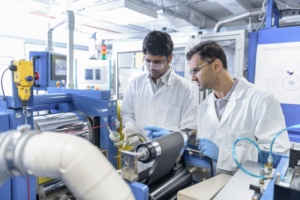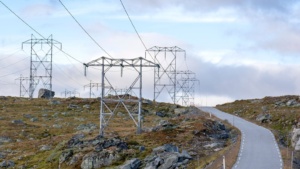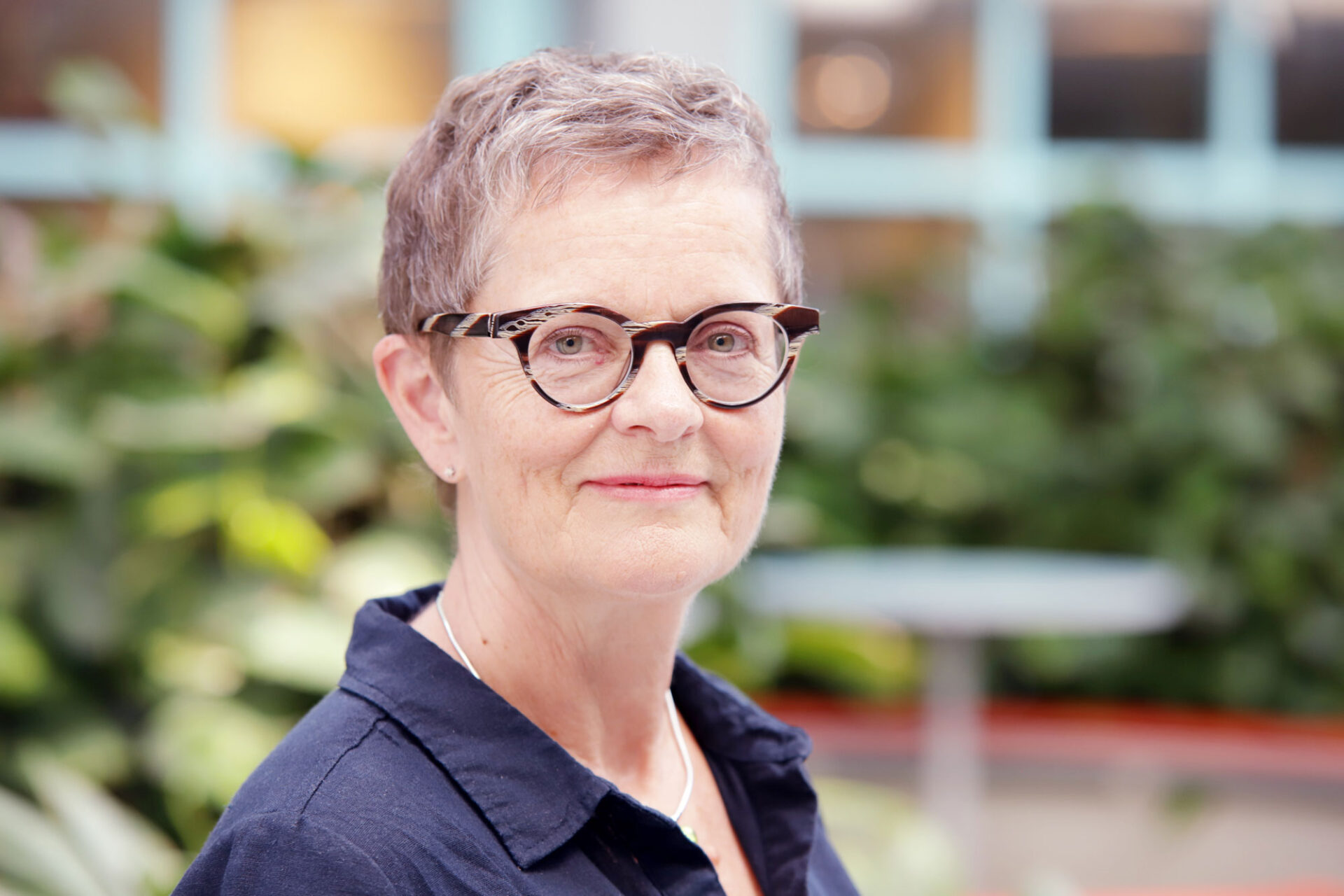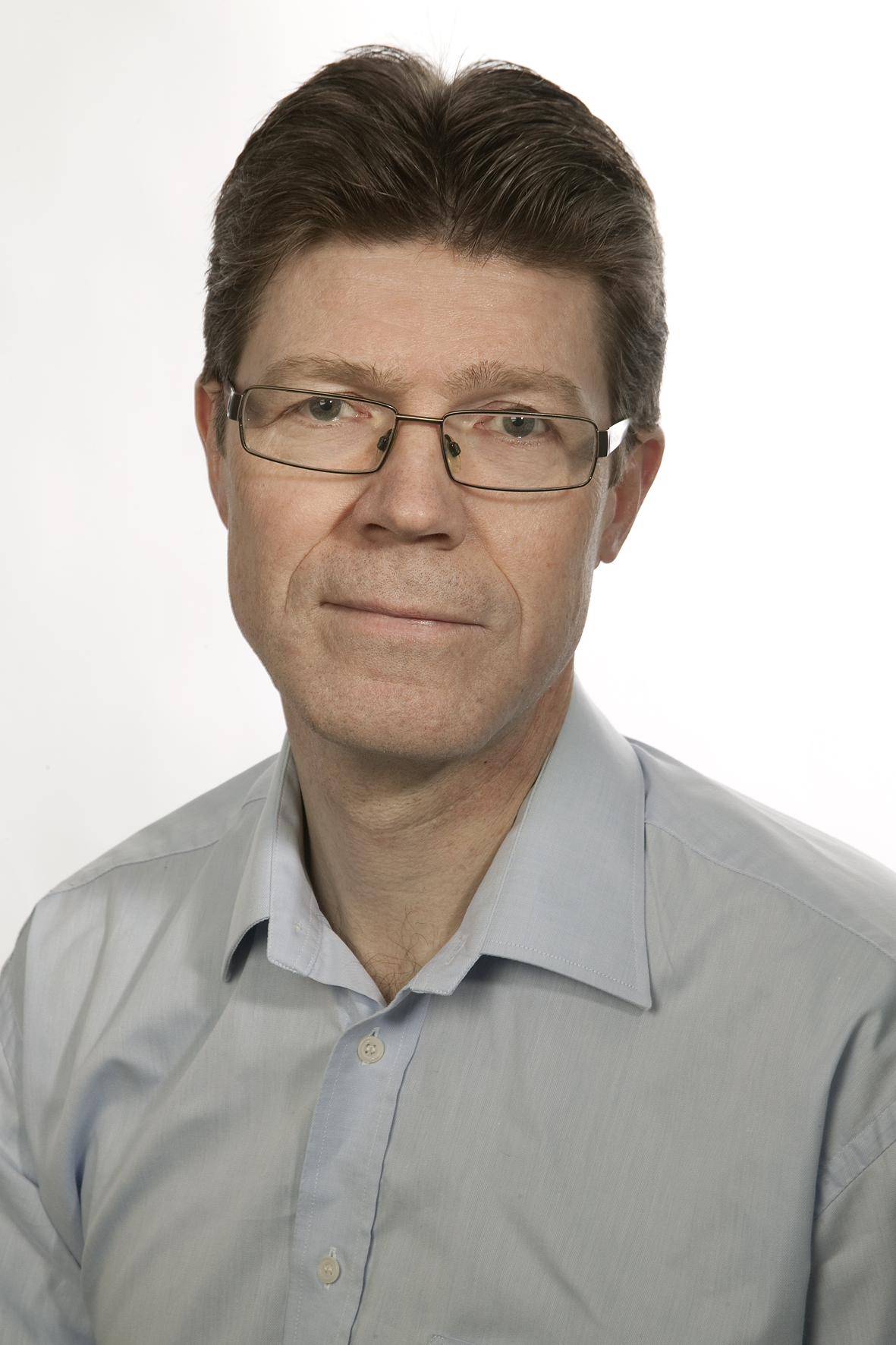Research has a critical role to play if we are to make the EU gas grid sustainable from a 2030-2050 perspective. But how can the knowledge and expertise in the research community best be leveraged to support industry in taking the journey there?
Towards a sustainable European gas grid
When talking about a sustainable European gas grid, we need to keep in mind the three pillars of sustainability: economic, environmental and social. With this in mind:
- The gas and infrastructure must have low greenhouse gas emissions when seen as a system and in a life cycle perspective and should also be environmentally friendly with respect to for example bio-diversity.
- The gas must be affordable.
- The use of biomass/biogas should be done in such a way that food production is not reduced.
SINTEF takes part in technology development projects including the biogas production, hydrogen production from electricity through electrolysers and from natural gas with CCS. We also do system evaluations of hydrogen production from biomass.
Right now, an important question for us is the potential benefits of the strategic use of hydrogen from natural gas with CCS to accelerate the decarbonization of Europe’s energy system. Producing hydrogen from natural gas with CCS has many potential benefits, including:
- Lower CO2 emissions
- Utilizing the benefits of a well-developed gas infrastructure
- Taking advantage of potentially large volumes of hydrogen in the near future
- The parallel decarbonization of power sector and gas grid
This aspect will be included in the Hydrogen for Europe study, which will evaluate the benefits of hydrogen in the EU energy transition. It was established based upon the results of the Hydrogen for Europe pre-study.
We are also working on safety issues related to the more widespread use of hydrogen and hydrogen carriers like ammonia.
Research priorities for a sustainable European gas grid
I see the strongest role for research in reducing the risks for European industry. This can be achieved through developing technologies up to the pilot testing and demonstration plants stages. In addition, I think we can play an important role by performing objective assessments of technologies and system performances to advise industry investments.
As for the research priorities needed to make the gas grid sustainable, I would like to focus on two areas. Firstly, providing knowledge-based advice on strategic technology development and investments that is based on transparent, published research. In this way, we can facilitate well-informed and transparent discussions on the best strategies to reach a climate-neutral European economy by 2050.
Secondly, developing the required knowledge on safety issues for hydrogen. This will enable the creation of safety measures to better deal with the potential risks related to using hydrogen in the gas grid.
How the Norwegian government and EU can help
I am hoping to see the full-scale CCS chain project in Norway funded and realized. I also want the Norwegian and EU governments to facilitate market development for hydrogen through the harmonization of policy and regulations, such as hydrogen in the gas grid. Furthermore, I would recommend the facilitation of a hydrogen market development through international co-operation and dialogue.
Going forward, I expect to see the EU facilitating an open, transparent, neutral and fact-based discussion on the development of the European energy system. Furthermore, I expect the EU to set clear goals for reaching the climate targets as agreed in Paris and to legislate climate and use the market to develop business models for climate measures.
This is a summary of my thoughts shared at the recent Gas Infrastructure Europe annual conference in June 2019. I was part of a panel discussion titled “showcasing a sustainable European gas grid”, moderated by Tudor Constantinescu, Principle advisor at the European Commission Directorate General for Energy.











Comments
No comments yet. Be the first to comment!